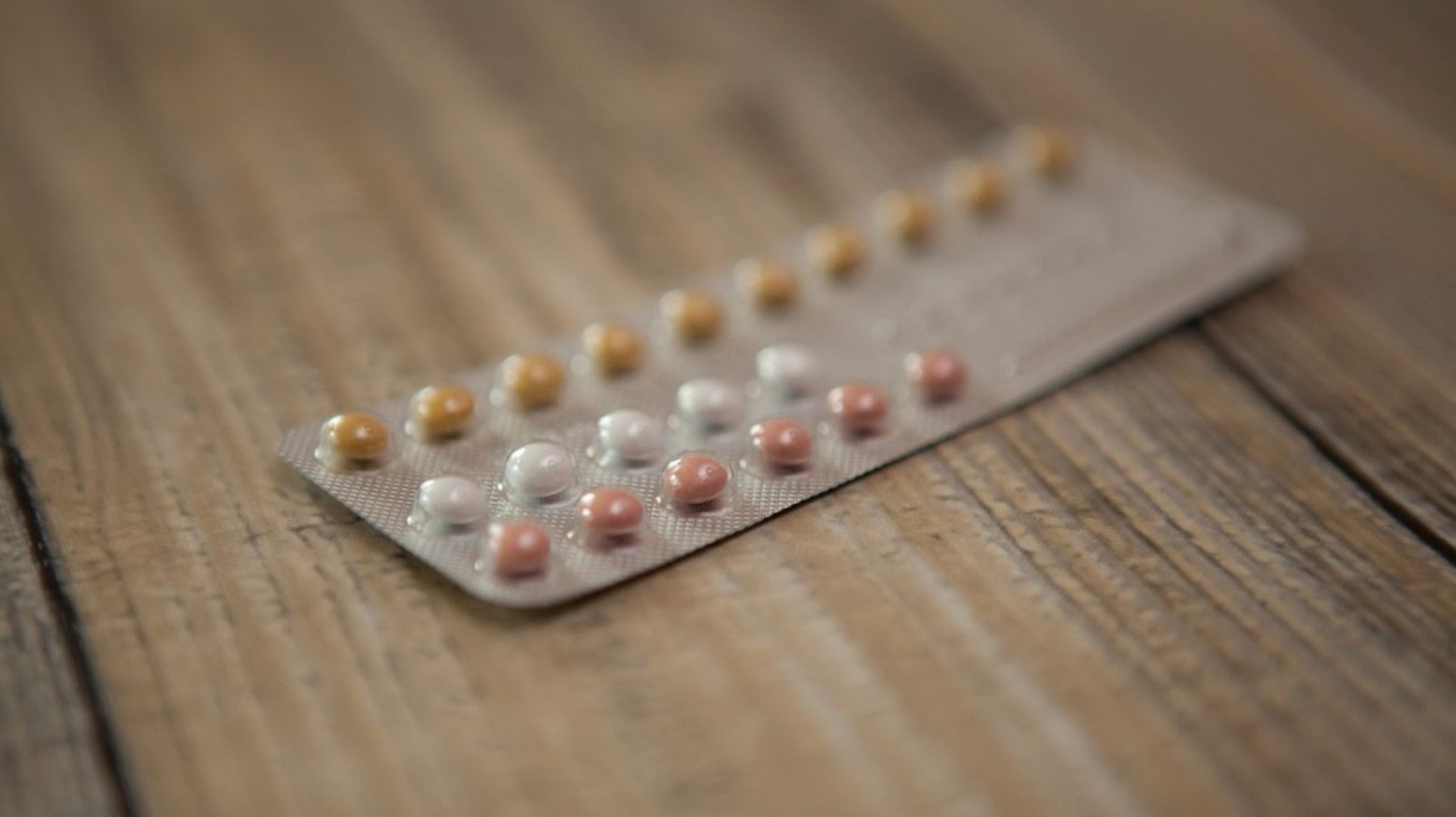In March 2023, a health crisis emerged in Japan that was directly linked to health supplements containing benikoji, a type of red mold. This crisis resulted in five fatalities and more than a hundred hospitalizations.
Kobayashi Pharmaceutical Co., headquartered in Osaka, became the focus of intense scrutiny for not disclosing information about the issue, which they had reportedly known internally since January. The first public acknowledgment of the health risks didn’t occur until March 22, sparking widespread concern and criticism for the delay.
Benikoji: The Problematic Ingredient

Benikoji, a red mold used in Kobayashi Pharmaceutical’s products like Benikoji Choleste Help, was identified as the ingredient causing severe health issues (via CBS News).
These products, intended to lower cholesterol, were consumed by individuals who then developed significant kidney problems. According to The Associated Press, this led to a broad recall of not just the supplements, but also an array of other products containing benikoji, underscoring its prevalent use in the food industry.
Delayed Reaction and Public Outcry

The initial public announcement came on March 22, long after Kobayashi Pharmaceutical had become aware of the health risks posed by their benikoji products.
This significant delay in response has led to public outcry and criticism, highlighting a grave concern over the company’s crisis management and commitment to consumer safety.
Government Steps In

In response to the escalating crisis, Japanese health officials conducted inspections at Kobayashi Pharmaceutical’s manufacturing plants (via The Associated Press).
This included a significant operation at a subsidiary’s plant in Kinokawa, Wakayama Prefecture, aimed at uncovering the cause of the sicknesses linked to benikoji.
The Recall

Following the crisis, there was a massive recall that extended beyond the dietary supplements to include foods like miso paste, crackers, and vinegar dressing, which contained benikoji.
This recall affected a wide range of products, reflecting the ingredient’s extensive use and the potential risk to public health.
Corporate Apology

In a public statement, Akihiro Kobayashi, the president of Kobayashi Pharmaceutical, offered a deep apology for the crisis (via CNN).
He expressed profound regret to the victims, their families, and the broader community affected by the company’s products. “We apologize deeply,” he said, emphasizing the company’s remorse and commitment to addressing the situation.
Rising Death Toll

Initially, the crisis was linked to two deaths, but this number swiftly rose to five. Additionally, 114 individuals were reported to be receiving hospital treatment for complications related to the supplements (via The Associated Press).
This growing death toll and the number of those affected highlighted the severity of the health risks posed by the products.
Regulatory Review

The crisis has prompted a review of the regulatory framework governing health products in Japan. Critics have pointed to recent deregulation efforts, aimed at stimulating economic growth, as a factor that may have contributed to the oversight of potential health risks (via Time).
The government’s call for a review suggests a move toward tightening regulations and ensuring such a crisis does not happen again.
A History of Safety

Japan is renowned for its stringent consumer product safety standards.
The occurrence of deaths related to a mass-produced health supplement is an exceedingly rare and alarming event, prompting a national reevaluation of regulatory practices and consumer product safety protocols.
Economic Implications

The recall’s economic impact on Kobayashi Pharmaceutical is significant, given the company’s strong presence in the health supplement market.
This situation affects the company’s financial standing and raises concerns about the economic viability of stringent regulatory practices compared to the need to ensure public health and safety.
Consumer Trust at Stake

The delayed response in addressing the health risks of benikoji products has eroded consumer trust in Kobayashi Pharmaceutical.
This situation serves as a cautionary tale for the health supplement industry, highlighting the importance of swift action and transparency in maintaining public trust and safety.
Looking Forward

The benikoji health crisis marks a pivotal moment for the health supplement industry and regulatory bodies in Japan. It underscores the critical need for stringent safety standards, transparency, and swift action in the face of public health threats.
The ongoing investigations and regulatory reviews will likely lead to more robust controls and a renewed commitment to consumer safety, hopefully preventing similar incidents in the future.








































